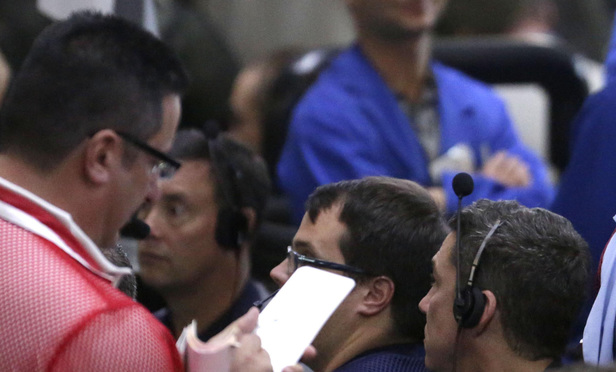Financial trader Michael Coscia was sentenced Wednesday in Chicago to three years in prison for “spoofing,” providing the first glimpse of the teeth behind an anti-manipulative trading law passed in 2010.
Prosecutors hailed the prison term in the first criminal spoofing case as a signal that commodities markets are fair, and they want the punishment to serve as a deterrent to future manipulative trading. Coscia’s defense lawyers at Dentons and Kobre & Kim promised to appeal the conviction and challenge the law, which defines “spoofing” as the placement of an order to buy or sell futures contracts without the intent to execute the trade.
This content has been archived. It is available through our partners, LexisNexis® and Bloomberg Law.
To view this content, please continue to their sites.
Not a Lexis Subscriber?
Subscribe Now
Not a Bloomberg Law Subscriber?
Subscribe Now
LexisNexis® and Bloomberg Law are third party online distributors of the broad collection of current and archived versions of ALM's legal news publications. LexisNexis® and Bloomberg Law customers are able to access and use ALM's content, including content from the National Law Journal, The American Lawyer, Legaltech News, The New York Law Journal, and Corporate Counsel, as well as other sources of legal information.
For questions call 1-877-256-2472 or contact us at [email protected]





